Econet Media's Kwese TV has been granted permission by the High Court to continue broadcasting until the Supreme Court rules on the appeal filed by the Broadcasting Authority of Zimbabwe (BAZ).
Kwese TV has faced massive resistance from BAZ, the regulator, from the onset. After Econet announced the launch of Kwese TV, the chief executive officer of the Broadcasting Authority of Zimbabwe, Obert Muganyura immediately announced that Dr Dish's broadcasting licence had been cancelled and that Kwese TV did not have permission to operate.
In the latest ruling Justice Charles Hungwe ruled:
I am satisfied that the applicant has satisfied the requirements for the grant of leave to proceed with its operations as set out in the order of this court in HH-598-17 dated 8 September 2017 in which the letter by the second respondent was to all intents and purposes suspended pending the final determination of the rights of the parties. In the result I make the following order:
1. Leave to proceed in terms of the judgment of this Court in be matter HH-598- 17 be and is hereby granted.
2. The respondents shall bear the costs of this application.
Full judgement below: HH 666 -17
HC 8457/17
Ref HC 7999/17
Ref SC 677/17
MR DISH (PVT) LTD
versus
BROADCASTING AUTHORITY OF ZIMBABWE and
0 MUGANYURA
HIGH COURT OF ZIMBABWE HUNGWE J
HARARE, 15 & 29 September 2017
Application for leave to execute pending appeal
T Nyambirai, for the applicant
T Magwaliba, for the respondent elzis-11,410.
HUNGWE 3: On 8 September 2017 I granted interim relief in favour of the present applicants interdicting the respondents from acting on the purported termination of applicant's license through a letter signed by second respondent on first respondent's letterhead. I also further in the order stated that pending the final determination of the matter the applicant shall be entitled to enjoy the full rights and benefits of its license as if the letter of 22 August 2017 does not exist and that the applicant shall be entitled to distribute the Econet Media Limited (Mauritius) content based on the technical standards notified by the applicant to the first respondent and accepted by first respondent on 21 October 2016.
advertisement
On 11 September 2017 a notice of appeal against my decision was lodged. In the ordinary course of events, in terms of our common law, the noting of an appeal suspends the execution of a judgment or the operation of an order, unless the court otherwise directs. See Herbstein & van Winsen, The Civil Practice of the Superior Cow-is, 3rd ed, p 718. This general rule may be departed from in a proper case.
The principles which a court will apply in coming to a decision were set out by CORBETT JA in South Cape Corporation (Pty) Ltd v Engineering Management Services (Pty) Ltd, 1977 (3) SA 534 (AD) at 545E, in the following terms:
“In exercising this discretion the Court should, in my view, determine what is just and
equitable in all the circumstances, and, in doing so, would normally have regard, inter cilia, to the following factors –
the potentiality of irreparable harm or prejudice being sustained by the appellant (respondent in the application) if leave to execute were to be granted; the potentiality of irreparable harm or prejudice being sustained by the respondent on appeal (applicant in the application) if leave to execute were to be refused; the prospects of success on appeal, including more particularly the question as to whether the appeal is frivolous or vexatious or has been noted not with the bona fide intention of seeking to reverse the judgment but for some indirect purpose, e.g., to gain time or harass the other party; and here there is the potentiality of irreparable harm or prejudice to both appellant and respondent, the balance of hardship or convenience, as the case may be.” words “leav- proceed in terms of the order”.
Both Mr Nyambirai, for the applicants, and Mr Magwaliba, for the respondents, were agreed that 1 should apply these criteria in coming to my conclusion.
As far as facts are concerned, there are few new facts of any importance before me in this application, which were not revealed in the earlier proceedings. As an example, Mr Nyasha Muzavazi, deponent to applicant's affidavit says that the matter ought to be dealt with on an urgent basis. He relies specifically on the same facts on urgency as he did when the initial application for interim relief was placed before me. In the earlier application I found that indeed the matter deserved to be treated as an urgent one.
He says that one other factor of relevance is that the respondents have raised as a ground of appeal the issue of urgency which I dealt with in an interlocutory judgment during the earlier proceeding. He says that the fact that the respondents have not sought a transcription of that interlocutory judgment but have raised as a ground of appeal, a matter dealt with in an earlier judgment which they have not sought to be transcribed demonstrates that the appeal was not lodged in good faith but for some other motive such as to buy time or merely to harass the applicant.
The respondents have submitted that the order sought was incompetent. However, the offending portions of the order sought were excised during the hearing and the matter proceeded on the basis that the amended order sought was competent and may be issued in that form. The respondents argue that there is no reason why the normal consequence of the noting of an appeal should not follow in this particular case as the applicant has failed to demonstrate any circumstance which would necessitate the grant of leave to proceed in terms of the judgment in the face of an appeal. The applicant seeks an order to be given leave to proceed in terms of the earlier relief granted despite the appeal noted by the respondents.
What this means in my view is that applicant seeks to enjoy the fruits of the rights that flowed from the license granted to it by the first respondent before second respondent purported to cancel it. In short, applicant does not seek to be given any new rights which it did not enjoy before the letter of 22 August 2017. Applicant points to the fact that after respondents had received payments, they now seek to unlawfully cancel its license as an indication of the lack of good faith on the respondents' part.
I approach the matter on the basis that there is an onus on the applicant to satisfy me that the normal procedure should be departed from, but that, to use the words of CORBETT, JA, in the South Cape case (supp-a at p 549A), this “should not be regarded as displacing the wide ultimate discretion which the Court enjoys in deciding whether or not to grant leave.”
I will consider the four criteria listed earlier.
1. The potentiality of irreparable harm to the respondent if the application is granted.
Mr Magwaliba, suggests that if the application is granted, then the respondents will suffer irreparable harm. That harm is said to result from the failure by the respondents to ensure compliance with the law and the terms and conditions of such licenses in terms of the Broadcasting Act [Chapter 12:06]. First respondent would have failed in its duty to account to the public and the authorities for such compliance. As such first respondent would have failed in its duties and obligation to be accountable to the general public which would defeat the very purpose for which it was set up. That there may be a failure by the first respondent in its enforcement role cannot be disputed, were the application to be granted. In my view, the issue is whether that failure would in any way result in irreparable harm to the first respondent if the application is granted. It seems to me that whatever harm may result from the grant of the leave to proceed in terms of the interim relief is merely of a temporary nature since it can be compensated for by an appropriate administrative action against the applicant in the form of a fine. It is not an irreversible har ich applicant may suffer should the
2. The potentiality of irreparable harm to the applicant if this application is refused.
If the appeal is allowed, the applicant would have lost nothing to which it has a right. Similarly, if the appeal is dismissed, the applicant would have lost potential revenue which it may still make with the passage of time, assuming that the respondents act fairly in their deliberations regarding the apparent oversight which led to this litigation. In the final analysis, I come to the conclusion that the scales are evenly balanced in respect of the potentiality of irreparable harm in either event. The matter must therefore be considered on the basis of the remaining two factors.
3. The prospects of success of the appeal
In assessing the prospects of success of the appeal, the Court is invited to pay due regard particularly to the question of whether the appeal is frivolous or vexatious or has been noted not with the bona fide intention of seeking to reverse the judgment but for some indirect purpose, e.g., to gain time or harass the other party. See Fox & Carney (Pvt) Ltd v Carthew- Gabriel (2) 1977 (4) SA 970 (R) and ZDECO (Pvt) Ltd v Commercial Careers College (1980) (Pvt) Ltd 1991 (2) ZLR 61 (1-1). Mr Nyambirai argued that the appeal was lodged for some other motive than to seek to reverse my earlier order, He points to the fact that the chances of the appeal succeeding are next to nil because clearly, the second respondent acted ultra vires his powers. There is no basis for the view that an appeal court applying its mind to the issues to be considered would come to a different conclusion. I must say that one must always accept that an appellate court may be persuaded to come to a different conclusion on any finding by this court. Whilst there is that possibility it seems to me that in the present case, that possibility is a bit remote. I do not wish to second guess the appellate court's final decision but it occurs to me that the respondent lodged the appeal for some indirect purpose. The respondents' prospects of success are minimal. Finally, I must consider what has come to he termed “the balance of convenience”.
4. The balance of convenience or the balance of equities
Where there is the potentiality of irreparable harm or prejudice to both appellant and respondent, the balance of hardship or convenience, as the case may be, will be weighed into the scales in the determination of Nether to exercise the discretion in favour of granting the relief sought. With regard to the epons derance of equities,Ft. it is obvious that the applicant has much to gain if they are permitted to continue with their operations as previously licensed by the first respondent. Likewise, the applicant has much to lose if they are prohibited from carrying on with their preparations in the interim. Applicant has expended large amounts of money and entered into contractual agreements with other persons in the expectation of being granted the necessary licence, which in any event, was granted. It seems to me that the equities are fairly balanced in favour of the applicant. 1 say this because the first respondent, as the broadcasting authority, will lose nothing if the applicant is allowed to continue providing the service that applicant notified it in terms of section 17 of the Act. As the regulatory authority, its mandate is to ensure that applicants for the broadcast licenses are duly granted such licenses on good cause shown. As the regulatory authority its powers are prescribed in the Act. Those powers are exercisable by itself not the second respondent, as happened with the purported letter of cancellation. As such, in my view, the preponderance of equities favour the applicant as the holder of a license duly granted to it. If there is some contravention of the conditions of the license, in my view, that does not entitle second respondent to cancel the license as he has no such powers.
As indicated in the South Cape Corporation, (supra) the Court retains a wide discretion in the determination of whether or not to grant leave to execute pending an appeal. In exercising this discretion, the court should, in my view, determine what is just and equitable in all the circumstances, and, in doing so, would normally have regard, inter alia, to the factors set out above. This court has applied the foregoing principles in Dabengwa Anor vMinister of Home Affairs 1982 (1 ) ZLR 223 at 225 (HC), Jeremy Prince (Pvt) Ltd v Owen & Anor HH-14-86: Van t' Hoff v Van t' Hoff & Ors (2) 1988 (1) ZLR 335; Archies (Pvt) Ltd v Guthrie Holdings (Pvt) Ltd 1989 (1) ZLR 152 (HC).
I am satisfied that the applicant has satisfied the requirements for the grant of leave to proceed with its operations as set out in the order of this court in HH-598-17 dated 8 September 2017 in which the letter by the second respondent was to all intents and purposes suspended pending the final determination of the rights of the parties.
In the result I make the following order:
1. Leave to proceed in terms of the judgment of this Court in se nu•er 598-
17 be and is hereby granted.
2. The respondents shall bear the costs of this application. o JP ,01.{9
Melva & Nyainbirai, applicant's legal practitioners
TH Chitapi & Associates, respondent's legal practitioners
- techzim
 David Coltart takes on the Church of England
David Coltart takes on the Church of England  South Africa ripe for a coup
South Africa ripe for a coup  India dumps US Treasury bills
India dumps US Treasury bills  Zimbabwe's dollar stock exchange surges 45%
Zimbabwe's dollar stock exchange surges 45%  Gold edges up as traders await guidance
Gold edges up as traders await guidance  fastjet introduces Bulawayo-Victoria Falls flights
fastjet introduces Bulawayo-Victoria Falls flights  Young Investment Professional (YIP) Graduate Programme 2019
Young Investment Professional (YIP) Graduate Programme 2019 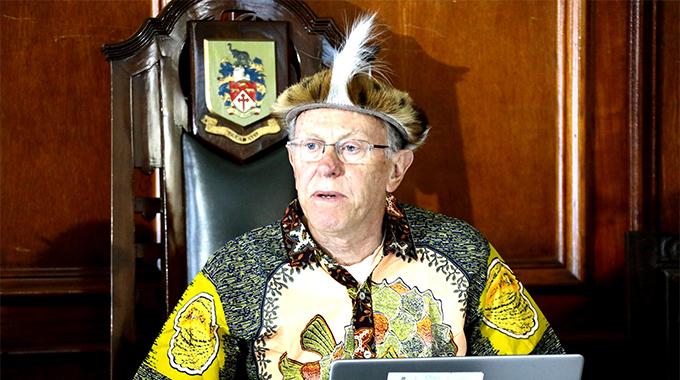
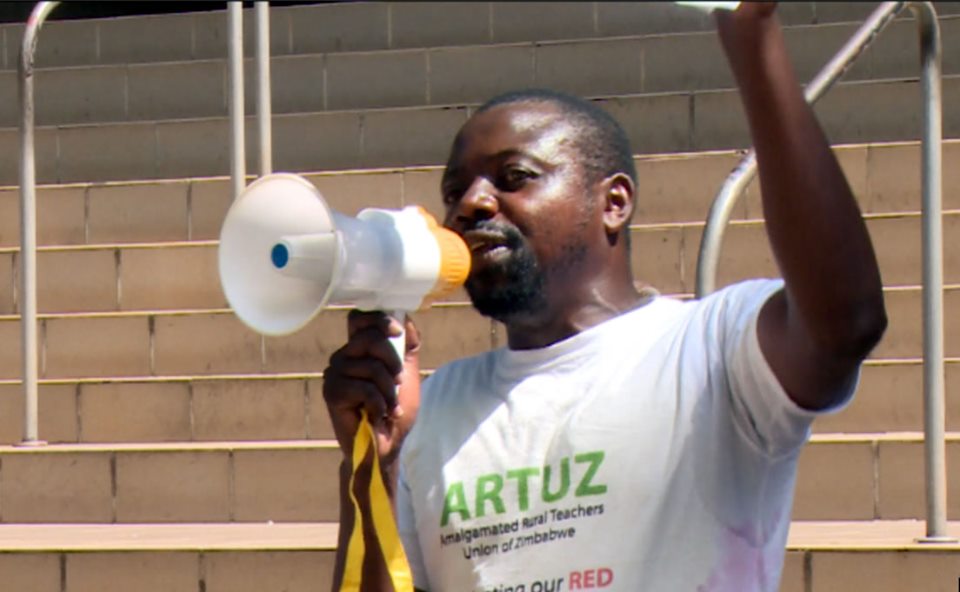
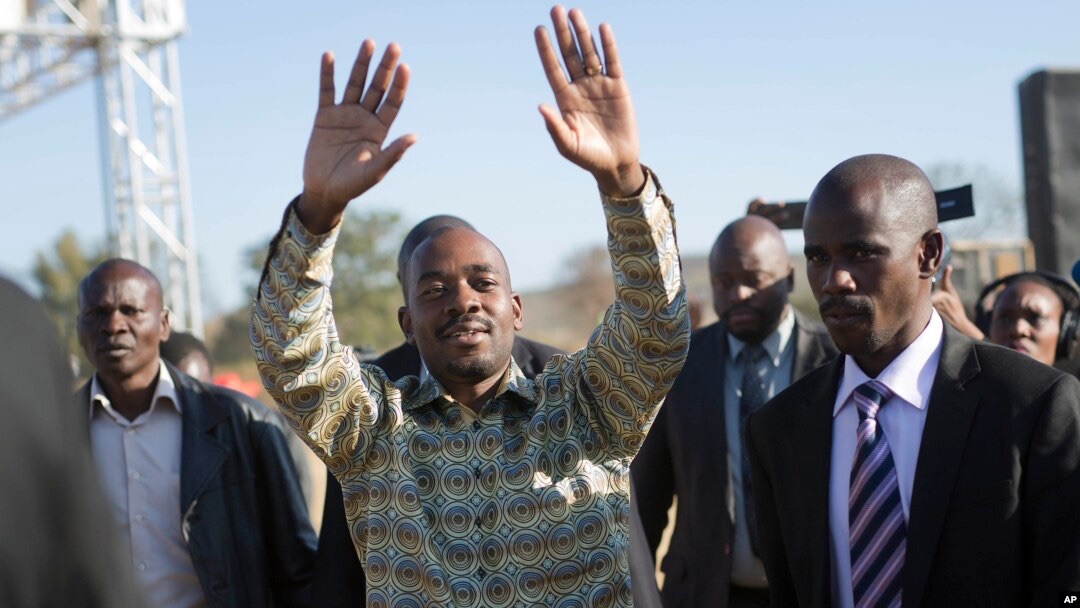
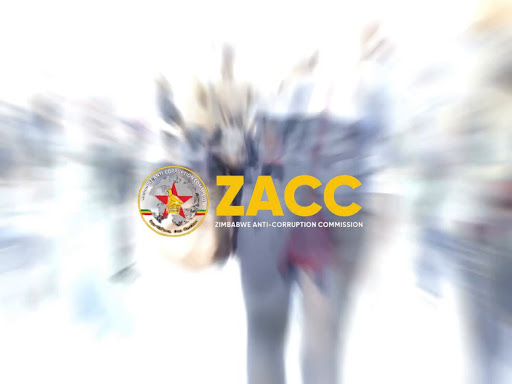

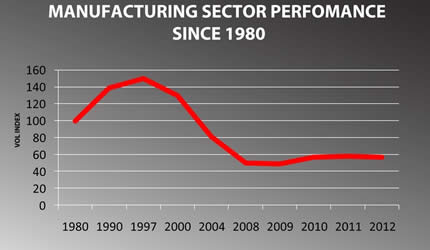



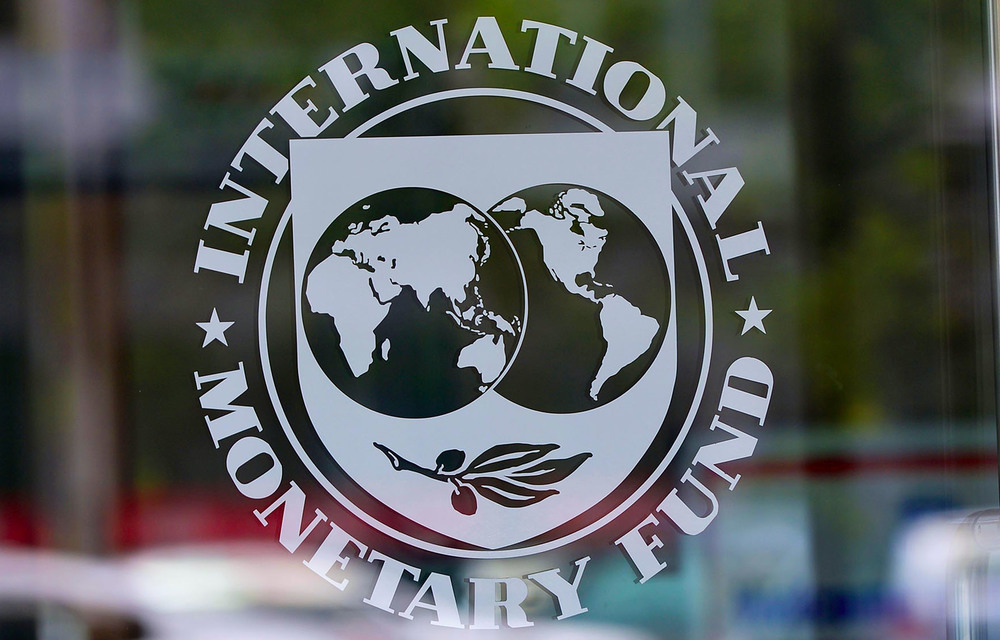

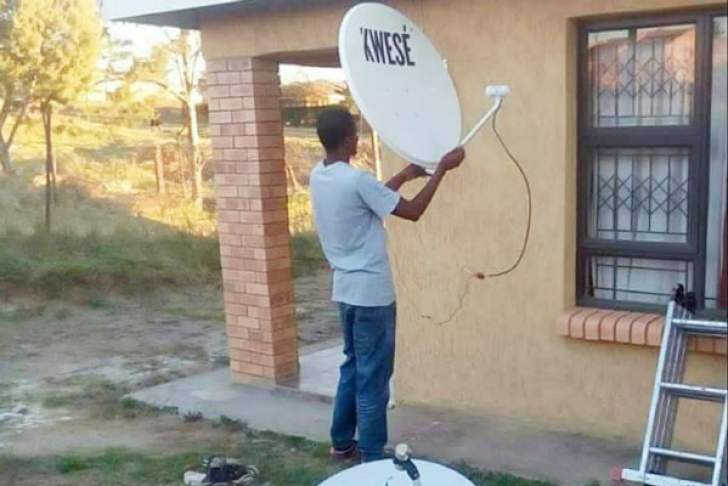
 Young Investment Professional (YIP) Graduate Programme 2019
Young Investment Professional (YIP) Graduate Programme 2019
Editor's Pick